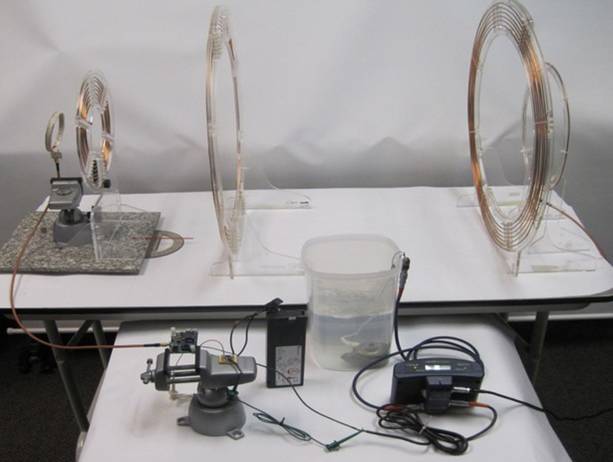A southwestern Indiana hospital expects to start work in the coming months on a $100 million construction project to replace much of its existing facility that has parts dating back more than a century.You can never be too safe. Infection control requires single rooms with big screen TVs that have internet and personalized meals. Really it does.
The master plan for the project approved by Good Samaritan Hospital's board includes a new 120-bed, five-story inpatient tower.
The completed project will see the hospital's capacity drop by 67 beds to 165, but Good Samaritan President Rob McLin said it will allow for growth in areas such as oncology, orthopedics and cardiology care.
No matter what the cost, it's safety, safety, safety. Entire institutes full of safety experts have sprung up the help hospitals make sure they keep the message coming and to fufill the lofty goal of never having a readmission. Hopsitals pay these institutions hefty sums to make sure they comply with mandated safety classes for all of their employees. In fact, these lessons is so important that they even give their directors millions of dollars of safety-inspired compensation packages to make sure their family members have a lifetime of safe health care after they retire.
And then there's that not-so-little issue of medical equipment expiration dates. Imagine if one of those foam headrests in the operating room were to expire! "You can't use those any more, doctor, they're expired!"
So we throw them away and order more.
In every hospital across our land this happens. Tons and tons and tons of medical waste because of expiration dates for things that, practically, shouldn't have expiration dates. But because we have regulations regarding how long things can sit on shelves in hospitals, we label them with expiration dates. "Order more, please." After all, if the Joint Commission finds expired headrests, hospitals might lose their accreditation. Our medical supply industry, full of middlemen like group purchase organizations that exist to get a better deal on bulk orders (really), is only too happy to comply.
My point here is not to speak badly of the need for safety in hospitals, rather a need to gain some equipoise on the subject. It is true that we've done a pretty good job improving surgical infection rates in America with things like pre-procedure antibiotics, antibacterial drapes, and good technique. But I wonder what's more expensive for our system in the long run, hand washing with soap and water or foam alcohol dispensers that have cannisters that have to be refilled and repurchased time and time again. what about all those plastic gowns we wear because a nasal swab shows traces of the genetic makeup of a single methicillin-resistant bacillus in a patient's nose? Or might all that plastic we purchase ultimately become more expensive to our health care system and environment in the long run?
These are not convenient questions to ask. But, given our concerns about the costs of health care and its affect on our economy, it seems to me that doctors AND patients had better start looking for (and demanding) ways to save money with the little things we do every day that might not be viewed as perfectly safe but rather, perfectly acceptable.
-Wes

